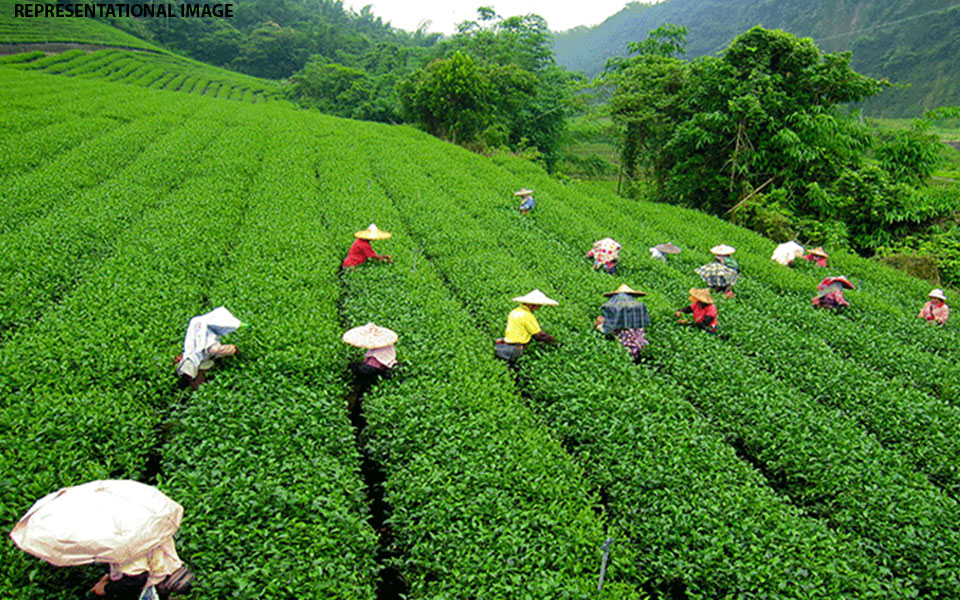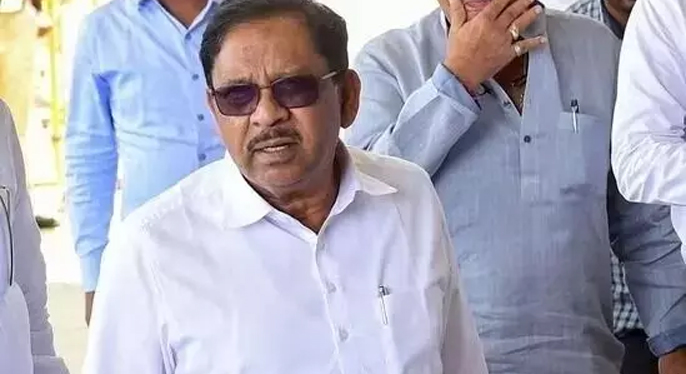Kolkata, May 8: Achieving a historic feat, the Indian tea industry recorded the highest ever production of 1,325.05 million kg as well as export of 256.57 million kg during the financial year 2017-18, official figures released on Tuesday revealed.
The total tea production in 2017-18 went up by 74.56 million kg or 5.96 per cent, as compared to the corresponding figure in 2016-17, according to Tea Board India.
In 2016-17, India produced 1,250.49 million kg of tea.
Similarly, the total quantity of tea exports during the 2017-18 fiscal increased by 28.94 million kg or 12.71 per cent as compared to the last corresponding period. The tea exports stood at 227.63 million kg in 2016-17.
The foreign exchange realised from tea exports was $785.92 million in 2017-18, a rise of $95.19 million or 13.78 per cent over 2016-17 when it had earned $690.73 million.
In rupee terms, the total value of the exports was pegged at Rs 5,064.88 crore during 2017-18.
The value realisation increased by Rs 432.38 crore or 9.33 per cent over 2016-17 (Rs 4,632.50 crore).
The growth in exports was majorly driven by five countries - Egypt (7.49 million kg), Iran 6.95 million kg), Pakistan (4.96 million kg), China (2.91 million kg) and Russia (2.89 million kg).
The earlier record for the highest quantity of tea exports was during the financial year 1976-77 when the total quantity exported was 242.42 million kg.
According to Tea Board India, the trend towards a new record in exports was evident in 2017 (January-December) itself as the total quantity of exports stood at 251.91 million kg, an increase of 29.46 million kgs or 13.24 per cent over 2016, with value realisation at $766.06 million, rising by $100.90 million, a rise of 15.17 per cent.
During the calendar year 2016, the total exports were 222.45 million kg, with value realisation at $665.16 million.
The previous highest export quantity for a calendar year was in 1981 when the total tea exports had reached 241.25 million kg.
Let the Truth be known. If you read VB and like VB, please be a VB Supporter and Help us deliver the Truth to one and all.
Kolkata (PTI): Seven people were arrested from the Parnashree area in the southern part of the city for allegedly running a fake call centre, a police officer said on Saturday.
Acting on a tip-off, police raided a house on Netaji Subhas Road on Friday night and found the fake call centre operating from the ground floor, he said.
Preliminary investigation revealed that the accused had set up a bogus company using forged documents and posed as employees of an antivirus firm to call citizens in the US, the officer said.
"The callers would gain the trust of victims and then use remote access to take control of their phones or other digital devices. The accused allegedly siphoned off large sums of money, running into millions of dollars, from victims' accounts," he said.
Five laptops, two WiFi routers, six mobile phones and four headsets were seized from the accused, he said, adding that the seven are being questioned to ascertain the full extent of the racket and to identify others involved.





